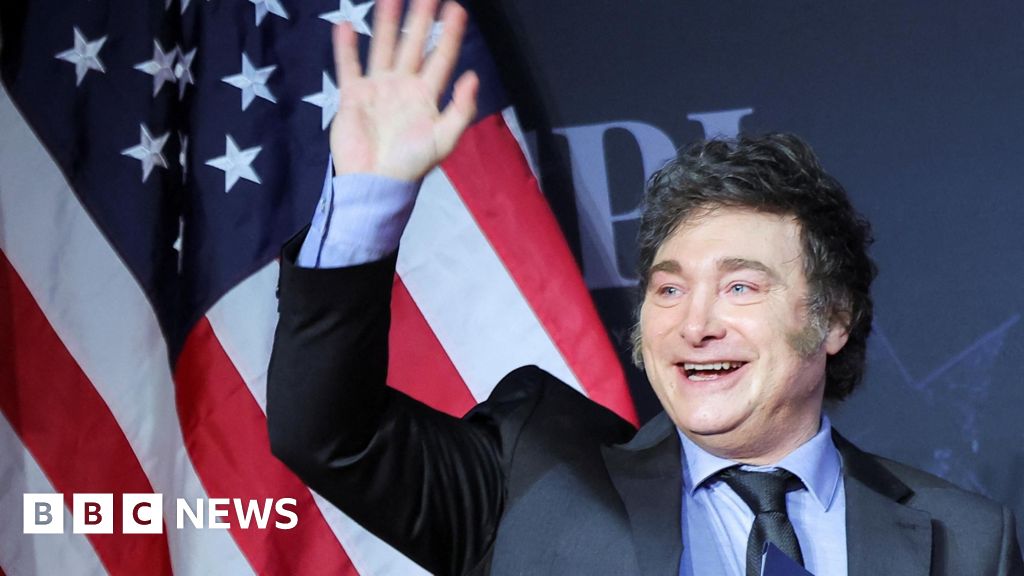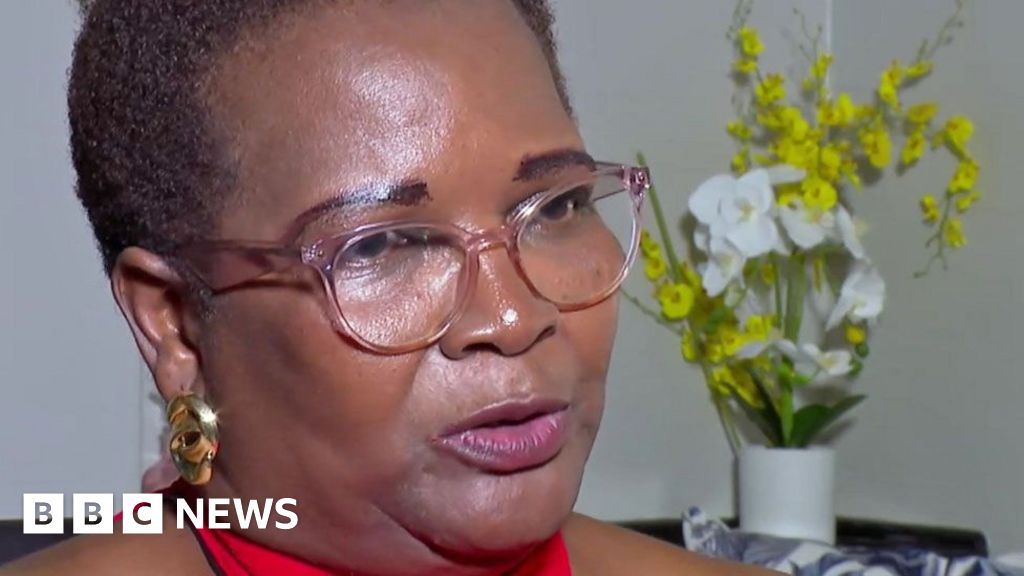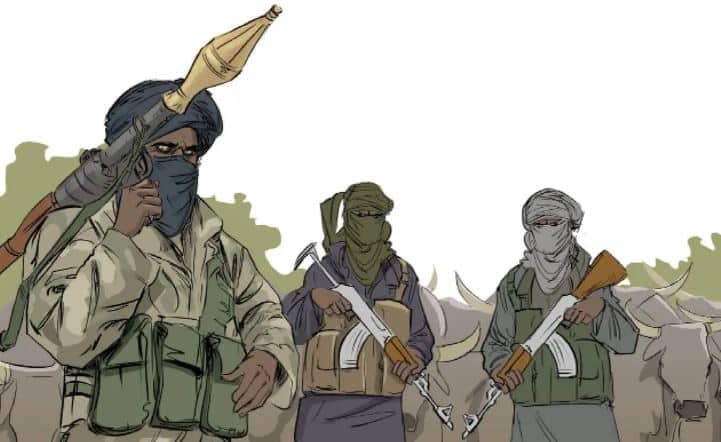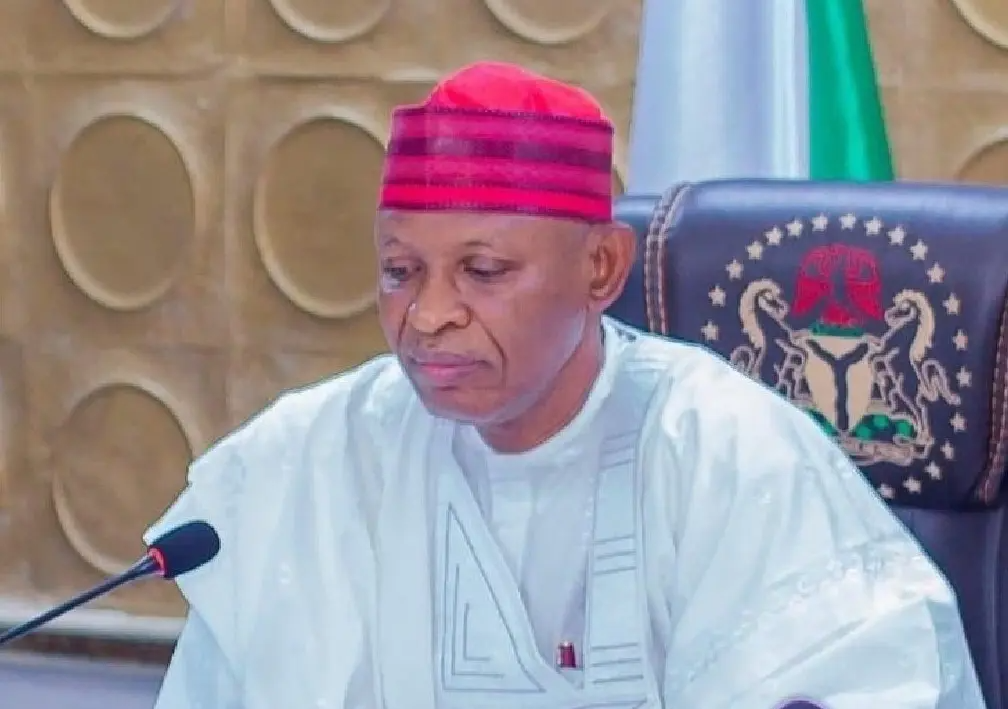 Picture credit: Brian Ongoro/AFP.
Picture credit: Brian Ongoro/AFP.In Kenya and other African countries, the legal and legitimate right to peaceful protests is engrained in the constitution. Thus, the youth took to the streets to voice their frustrations over the numerous problems facing a country where, despite strong economic growth, many young people have limited job prospects, and the class and wealth disparity between politicians and ordinary people continues to rise.
At the beginning of last week, which coincided with South Africa’s Youth Month celebrations, news of youth-led protests in Kenya against tax increases spread across social media. The mass movement, tagged #RejectFinanceBill2024 and #occupyparliament, also known as the “Gen-Zs anti-tax revolution,” highlighted the government’s insensitivity to societal challenges and the youth’s discontent with the Kenyan government’s decision to yield to the International Monetary Fund (IMF) pressures to generate more income for debt servicing. Kenyan President William Ruto, who once branded himself as a “hustler” and pledged to alleviate the economic burden on citizens, spearheaded the decision to raise an additional $2.7 billion in domestic revenue by passing a Finance Bill. These funds are necessary to pay interest on the national debt, reduce the budget deficit, and ensure the continued operation of the government.
In Kenya and other African countries, the legal and legitimate right to peaceful protests is engrained in the constitution. Thus, the youth took to the streets to voice their frustrations over the numerous problems facing a country where, despite strong economic growth, many young people have limited job prospects, and the class and wealth disparity between politicians and ordinary people continues to rise. Kenya’s inflation rate dropped from 5.10 per cent in May to 4.60 per cent in June. As documented by the Office of the United Nations High Commissioner for Human Rights (OHCHR), the youth (aged 18 to 35) make up about 75 per cent of the Kenyan population, but 75 per cent of the 500,000 annual graduates from tertiary institutions remain unemployed. Healthcare disparities are significant, with one doctor to every 33,000 people in rural areas, compared to one to every 1,700 in urban areas. Furthermore, only about 12 per cent of health facilities are considered youth-friendly.
Marginalised and excluded from economic productivity and governance, and confronted with a high rate of unemployment, the youth – from Kenya, Egypt, Senegal, and Nigeria at one point and another – are proving that the rhetoric of “giving the youth a voice and platform for inclusivity and political participation” and “the youth is the future” are empty promises by the African political class. Utilising unconventional means of political participation, especially through massive mobilisation via social media, they have demonstrated their ability to influence policy and expressed their frustration with African leaders’ failure to transform the continent’s youth bulge into developmental opportunities.
The Kenyan case also recorded a similar trend. Sadly, tens of lives were lost due to police brutality, but the protests succeeded in forcing the Kenyan government to shelve the $2.7 billion tax hikes. Highlighting the excessive and disproportionate use of force by Kenyan security forces, the Kenya National Commission on Human Rights (KNCHR) reported that 39 people were killed and 361 injured during two weeks of rallies, with the most severe violence occurring in Nairobi on 25 June.
To provide a platform for understanding the Kenyan youth-led protests and government’s hard power approach, the African Union Studies Unit at the Institute for Pan-African Thought and Conversation (IPATC), University of Johannesburg in South Africa, hosted a policy dialogue, “Youth-Led Protests Against Kenyan Finance Bill: When Legality Becomes Illegality,” in collaboration with the Center for Media, Democracy, Peace and Security at Rongo University in Kenya. Five carefully selected panelists, including Fredrick Ogenga from Rongo University in Kenya, Cynthia Chigwenya, the former African Union Youth Ambassador for Southern Africa, and Simone Mbodé Diouf, the African Union Youth Ambassador for West Africa, offered a comprehensive overview of the protests in Kenya. They provided insights from West, North, and Southern African perspectives. While the dialogue analysed the missteps in Kenya, it also broadly explored the role of the youth as agents of change across the continent.
Although the youth are often mistakenly associated with political apathy, there is a growing recognition of their potential to drive political change through innovative forms of political participation. This was evident in the anti-Macky Sall protests against the ‘constitutional coup’ in Senegal in 2024, the #EndSARS movement against police brutality and poor governance in Nigeria in 2020, the #FeesMustFall student-led protests in South Africa in 2015, and the historic youth-led pro-democracy protests known as the Arab Spring in North Africa between 2010 and 2011. Despite the varied immediate and remote causes of these protests, a shared thread emerged: the pervasive scourge of police brutality and gross unprofessionalism, which resulted in the tragic loss of lives in all four instances.
The Kenyan case also recorded a similar trend. Sadly, tens of lives were lost due to police brutality, but the protests succeeded in forcing the Kenyan government to shelve the $2.7 billion tax hikes. Highlighting the excessive and disproportionate use of force by Kenyan security forces, the Kenya National Commission on Human Rights (KNCHR) reported that 39 people were killed and 361 injured during two weeks of rallies, with the most severe violence occurring in Nairobi on 25 June. The deaths of innocent youths from state security gunshots represent a travesty of governance and the height of the abuse of power and political recklessness. Security personnel, trained to protect the people, turned their guns on patriotic youth who were peacefully protesting to preserve their futures and those of generations to come. Their aggressive actions would have been more justified if directed against terrorist organisations that have consistently tormented sections of the Kenyan population.
By retracting the Finance Bill, Ruto’s government has committed to raising necessary funds by reducing the budget by 177 billion shillings ($1.39 billion) and borrowing approximately 169 billion shillings ($1.31 billion) for the fiscal year that began this month. This proposal seems acceptable for now, but the impact of these measures on the lives of the youth remains uncertain.
The IMF, central to Kenya’s efforts to cut government spending and boost revenue at the expense of its vulnerable youth, remains unaccountable to African nations and their citizens. However, the Ruto-led government has been forcefully called to account by the youth. Indeed, the IMF remains beyond Africa’s judicial reach; the Ruto administration has been tried in the court of public opinion and found “guilty as charged” by the persistent youth. The IMF must prioritise human lives over fiscal balance and debt repayment. The global financial institution must adopt a more flexible approach to its debt repayment schemes for Africa and other developing countries.
Nigerians need credible journalism. Help us report it.
PREMIUM TIMES delivers fact-based journalism for Nigerians, by Nigerians — and our community of supporters, the readers who donate, make our work possible. Help us bring you and millions of others in-depth, meticulously researched news and information.
It’s essential to acknowledge that news production incurs expenses, and we take pride in never placing our stories behind a prohibitive paywall.
Will you support our newsroom with a modest donation to help maintain our commitment to free, accessible news?
While the Kenyan government should not have jeopardised the economic well-being of its youth in the first place and should have been more pragmatic in its response to legitimate protest, President Ruto deserves credit for withdrawing the bill and subjecting himself to public interrogation and media scrutiny on different social media platforms. By retracting the Finance Bill, Ruto’s government has committed to raising necessary funds by reducing the budget by 177 billion shillings ($1.39 billion) and borrowing approximately 169 billion shillings ($1.31 billion) for the fiscal year that began this month. This proposal seems acceptable for now, but the impact of these measures on the lives of the youth remains uncertain.
Adeoye O. Akinola is head of Research and Teaching at the Institute for Pan-African Thought and Conversation and Institute for Global African Affairs, University of Johannesburg, South Africa.
Support PREMIUM TIMES' journalism of integrity and credibility
At Premium Times, we firmly believe in the importance of high-quality journalism. Recognizing that not everyone can afford costly news subscriptions, we are dedicated to delivering meticulously researched, fact-checked news that remains freely accessible to all.
Whether you turn to Premium Times for daily updates, in-depth investigations into pressing national issues, or entertaining trending stories, we value your readership.
It’s essential to acknowledge that news production incurs expenses, and we take pride in never placing our stories behind a prohibitive paywall.
Would you consider supporting us with a modest contribution on a monthly basis to help maintain our commitment to free, accessible news?
TEXT AD: Call Willie - +2348098788999

















 English (US) ·
English (US) ·